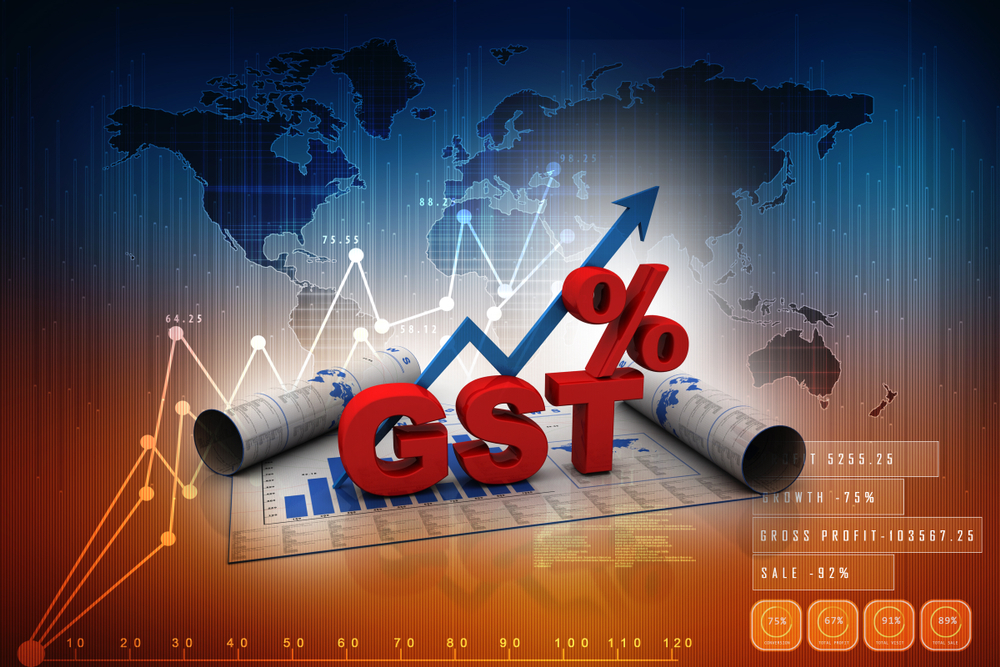Taxability of liquidated damages under GST

Taxability of Liquidated Damages under GST
As and when there is any breach of contract, the suffering party would be paid the amount in the form of liquidated damage or compensation, penalty or cancellation charges, etc.
Notably, there prevailed a lot of confusion in the trade and industry concerning the applicability of GST on such liquidated damage or compensation or penalty or cancellation charges vis-à-vis entry at para 5(e) of Schedule II of the Central Goods and Services Tax Act, 2017.
In a view to providing clarification on the above issue, the Ministry of Finance issued a circular no. 178/10/2022-GST dated 3rd August 2022. The same is briefly covered in the present article.
Understanding the scope of entry at para 5(e) of Schedule II –
As per para 5(e) of Schedule II, the following supply is specifically declared as a supply of service –
- Agreeing to the obligation to refrain from an act –
Some of the relevant examples are –
- Non-compete agreement,
- An industry refraining from carrying out the manufacturing activity per certain specified hours
- Agreeing to the obligation to tolerate an act/ a situation –
One of the relevant examples is –
- A hawker can operate in front of the shop on payment of a monthly amount to the shopkeeper.
- You are agreeing to the obligation to do an act.
Going through the above examples, it would be somewhat clear that the intention was to cover such services within the ambit of para 5(e) of Schedule II. However, taking the recourse of para 5(e) of Schedule II, demands were being raised on –
- Amount of charges i.e., fine/ penalty levied on dishonor of the Cheque,
- Liquidated damages paid on account of breach of contract,
- Late payment charges collected by the service provider on account of late payment of bills,
- The penalty levied for violation of any law,
- Notice pay recovery, etc.
Clarification provided on the taxability of liquidated damages and liked charges under GST –
General clarification was given vide circular no. 178/10/2022-GST dated 3rd August 2022, is that –
- An agreement to do/ refrain from an act/ situation should not be imagined/ presumed to exist.
- In order to bring the payment within the ambit of GST, there should be an express/ implied promise done on the part of the recipient of the money to either agree to do or abstain from doing something against the money so paid to him.
- It is specifically clarified that the following payments are not a consideration for tolerating an act/ situation –
- Liquidation damages for breach of contract;
- Penalty for the dishonor of Cheque;
- Forfeiture of salary/ payment of the amount on the basis of the employment bond for leaving employment before the minimum agreed period;
- The penalty levied under the mining act on account of excess stock found with the mining company; etc.
- Importantly, such payment will not be considered as ‘consideration’ and accordingly will not be considered as ‘supply’ unless –
- Payment is made for an independent activity of tolerating an act; and
- Payment is made under an independent agreement entered for the such activity of tolerating act.
The said circular no. 178/10/2022-GST dated 3rd August 2022 provides a broad understanding of various such payments. The briefing of the same is tabulated hereunder –
| Payments | Taxability under GST | Reason |
| Liquidated damages |
It is not taxable under GST.
|
Liquidated damages are not considered received towards tolerating the non-performance/ breach of contract. In fact, it is a payment for not tolerating the breach of contract. |
| Cheque dishonor penalty/ fine |
It is not taxable under GST.
|
Cheque dishonor penalty/ fine is not a consideration towards any service and hence the same is not taxable. |
| The penalty imposed for violation of laws |
It is not taxable under GST.
|
Laws are not being framed for tolerating their violation. In service tax, it was clarified, vide circular no. 192/02/2016- Service Tax dated 13th April 2016 that fines/ penalty imposed for violation of statute/ laws are not leviable to service tax. The same is applicable under GST and hence the same is not taxable under GST. |
| Late payment/ surcharge/ fee | Taxable under GST | The same is naturally bundled with the principal supply and hence should be assessed on the bases of the rates of the principal supply. |
| Cancellation charges / late payment with interest or fee | Taxable under GST | The same is naturally bundled with the principal supply and hence should be assessed on the bases of the rates of the principal supply. |
| Forfeiture of earnest money | It is not taxable under GST | Forfeiture of earnest money is not considered received towards tolerating the breach of contract. In fact, it is compensation paid towards the loss suffered. |


